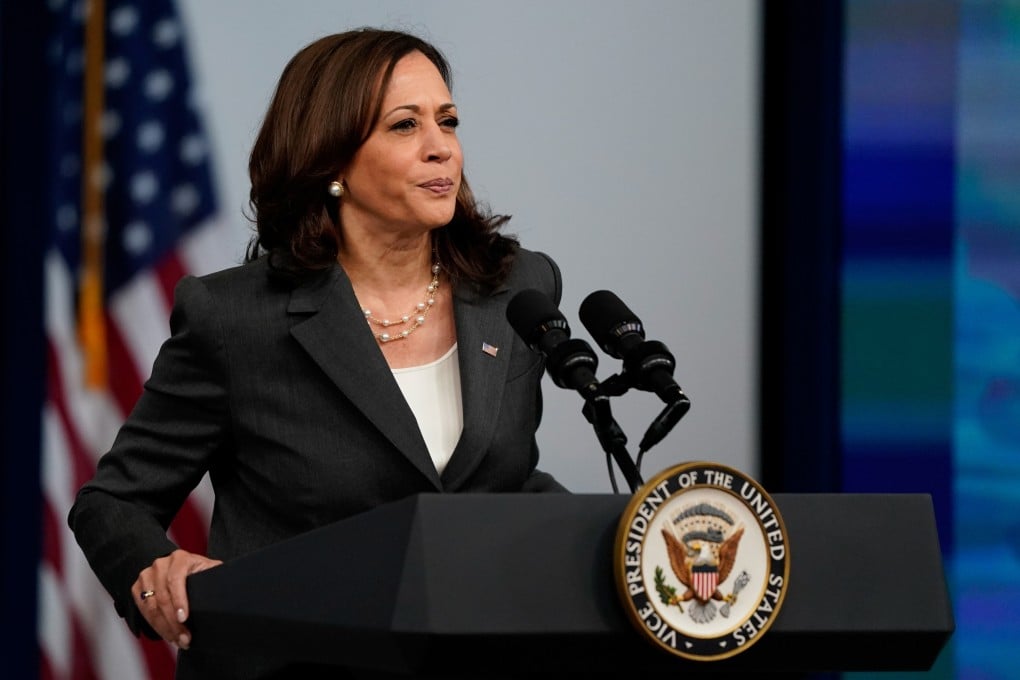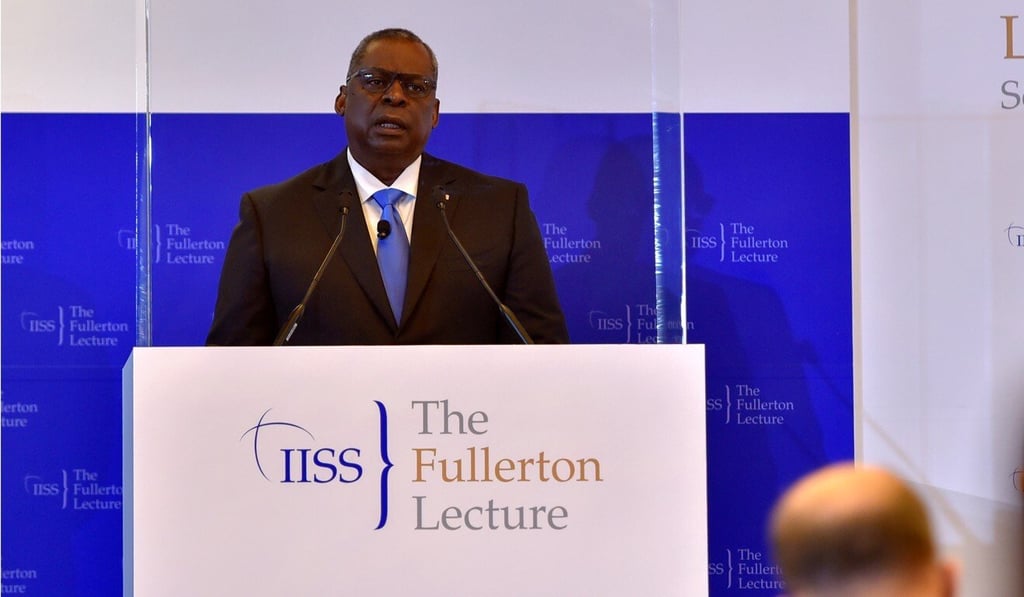Advertisement
Defence, digital trade, Covid-19 in focus as Kamala Harris joins Biden administration’s convoy to Southeast Asia
- Analysts say Harris’ upcoming visits to Vietnam, Singapore will offer insights into how Washington plans to match Beijing’s regional trade dominance
- It is one of several trips US officials have made to the region, following complaints that it seemed low on the Biden administration’s list of priorities
Reading Time:5 minutes
Why you can trust SCMP
57

United States Vice-President Kamala Harris’ upcoming visits to Vietnam and Singapore will offer clues on how Washington plans to “get its game up” to match China’s dominant economic and trade status in Southeast Asia, analysts say.
The choice of Singapore and Vietnam, both non-allies but key trading and strategic partners, speaks to the major role the Biden administration hopes the two countries will play in its Asia policy, according to the observers.
Harris’ trip, her first to Southeast Asia as Biden’s No 2, comes amid a flurry of visits US officials have been making to the region.
Deputy Secretary of State Wendy Sherman visited Indonesia, Thailand and Cambodia in May, while defence secretary Lloyd Austin was in Singapore, Vietnam and the Philippines last month. Most recently, Washington’s UN envoy Linda Thomas-Greenfield visited Thailand after representing President Joe Biden at the closing ceremony of the Tokyo Olympics.
Advertisement
The visits follow complaints from Southeast Asia’s diplomatic community that the region seemed low on the new administration’s list of priorities in the months following Biden’s election victory in November last year.
“The administration is … making clear that we have an enduring commitment to this region, that we’re part of the Indo-Pacific and in the region to stay,” a senior administration official said in a press briefing ahead of Harris’ trip.
Advertisement

Advertisement
Select Voice
Select Speed
1.00x